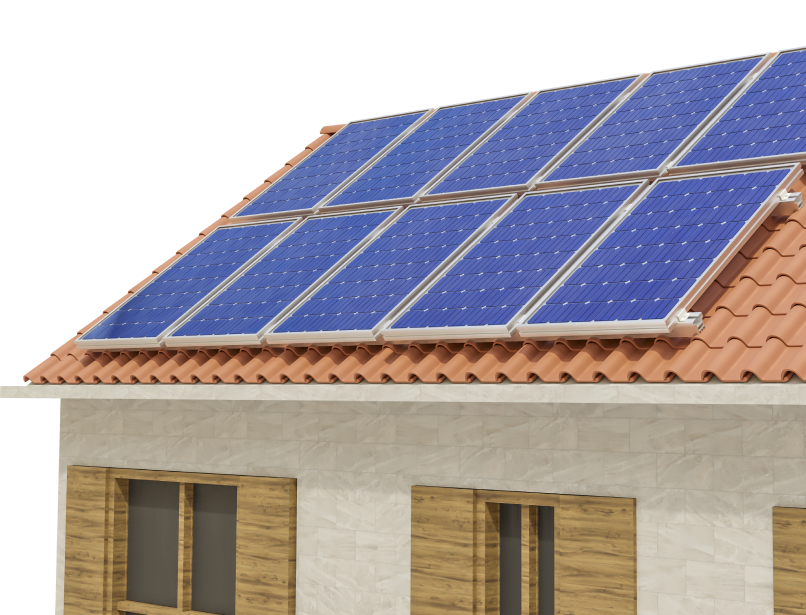Discover the perfect solution for your hot water needs with Perfect Renewtech's solar water heaters. By harnessing the sun's abundant energy, you can enjoy considerable savings on your energy bills while contributing to a cleaner and more sustainable environment. We supply solar water heaters that are designed for exceptional performance, longevity, and ease of use, making them suitable for a wide range of residential, commercial, and industrial applications.

Unparalleled Features of Solar Water Heaters
The solar water heaters we supply are built with top-quality materials and engineering, offering numerous outstanding features:

Superior quality components

Compatibility with hard water

Sturdy and durable body structure

Anti-corrosive inner tank

Advanced rust-free technology

Solar Water Heater Installation Process
Solar water heater installation starts with attaching collectors to the rooftop, minimising roof penetrations. Then, the storage tank is placed near the conventional water heater. Piping and pump systems are assembled, soldered, and connected to the glycol loop. A differential controller is installed to sense temperature differences between glycol and water in the solar storage tank, ensuring system integration. Lastly, water and glycol lines are insulated with foam pipe insulation, and duct tape is used to secure joints.
Experience Ultimate Comfort and Savings with Perfect Renewtech Solar Water Heater

Consultation & Site Analysis

Design & Support

Simulation & Installation
Order Your Solar Water Heater From Perfect Renewtech Today
Trust Perfect Renewtech to provide the finest solar water heating solutions tailored to your unique requirements. Embrace the power of solar energy with Perfect Renewtech’s solar water heaters. Contact us today to learn more about our innovative products and services, and start enjoying the benefits of clean, sustainable, and cost-effective hot water solutions for your home or business.
Frequently Asked question
-
How does a solar water heater work?
A solar water heater captures sunlight using solar collectors mounted on a roof or other open space. The absorbed solar energy heats the water, which is then stored in an insulated tank for later use. The system operates independently of the electricity grid and provides hot water throughout the day.
-
Are solar water heaters suitable for all climates?
Yes, solar water heaters can be used in any climate. ETC systems are particularly effective in cloudy or cold weather conditions, while FPC systems can withstand extreme weather and temperature fluctuations.
-
What is the lifespan of a solar water heater?
Solar water heaters are designed to be durable and long-lasting. ETC systems require minimal maintenance, while FPC systems typically have a lifespan of 10 to 15 years, with some models lasting even longer.


